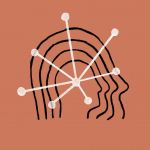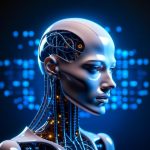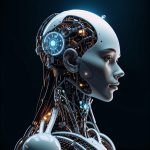Every third american student uses ChatGPT

A new OpenAI study, exclusively provided to Fortune, has revealed significant inequality in American students’ access to artificial intelligence technologies. According to the data, more than a third of US students regularly use ChatGPT, with over 25% of all queries related to educational purposes.
Lee Belsky, OpenAI’s Vice President of Education, notes a concerning trend of significant gaps in adoption rates between different states. California, Virginia, New Jersey, New York, Arizona, Washington, and Utah show the highest rates of ChatGPT usage among youth. Meanwhile, Wyoming, Alaska, Montana, and West Virginia significantly lag behind in this indicator.
“Students are actively using AI informally, learning about it from friends. It’s time to bring AI out of the shadows and make it part of the basic infrastructure of American education to prepare students for the future job market,” Belsky emphasizes.
The study revealed the critical importance of AI skills for future careers: according to Microsoft and LinkedIn data, 71% of employers would prefer to hire a less experienced candidate with AI knowledge over a more qualified specialist without such skills.
Three quarters of college students want to use AI in education and career. However, there are several obstacles: lack of knowledge about how to start using AI tools, lack of confidence in their abilities, and concerns about the reactions of parents and teachers.
OpenAI is actively working to solve this problem. The company launched a special product ChatGPT Edu for universities, with Arizona State University (ASU) becoming the first partner. The University of Texas at Austin, Columbia University, and the California State University system have already joined the initiative.
“Ignoring the fact that students are using generative AI only increases inequality. Educational institutions and industry leaders must play a key role in ensuring all students have access to AI and developing skills in its use,” Belsky concludes.
Experts emphasize that the current situation may lead to increased digital inequality and significantly affect future career opportunities for graduates from different regions of the USA. Active implementation of AI technologies in educational programs is becoming a critically important factor in ensuring equal opportunities in preparation for modern labor market requirements.





